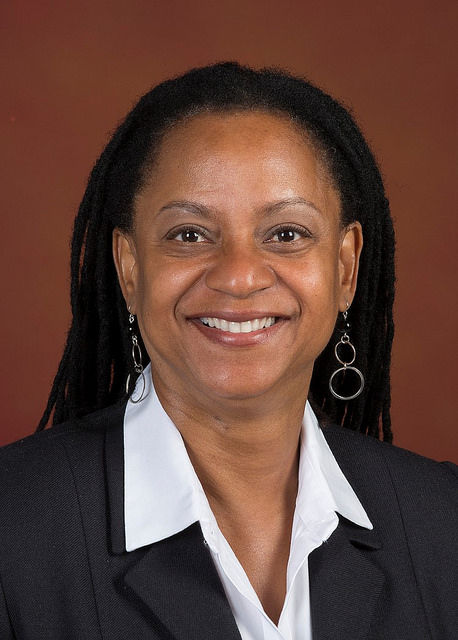ASOSU Congress hears from university’s chief diversity officer
January 12, 2018
Rake resolution failed in House, tabled in Senate.
The legislative branch of the Associated Students of Oregon State University held its first winter term meetings this past Tuesday and Wednesday. Both sessions began with a brief presentation on OSU’s Strategic Diversity Plan ‘Innovate and Integrate.’
Charlene Alexander, the university’s vice president and chief diversity officer, who spoke before the ASOSU Congress, explained that the university is working on an audit of the entire institution to determine a baseline to build from. Specific goals include improving both recruitment and retention rates for underrepresented communities. By sharing this vision with ASOSU, Alexander hopes to see members of student government model a commitment to diversity and inclusion to other students.
“I think it is really important for students to also be involved, because the work that we do—and I know we will be successful in implementing our Strategic Plan—benefits all students,” Alexander said.
After Alexander’s presentation, a resolution that would advocate the use of rakes instead of leaf-blowers by OSU Facilities Services had a second reading in both chambers. This resolution was authored by Rep. Andrew Oswalt, and criticized by some members of the branch for potentially being unserious. The resolution was tabled in the Senate for three weeks. During this period, the body will attempt to reach out to the department and see what can actually be done beyond simply asking for the change to be made. The resolution failed in the House.
According to Sen. Raven Waldron, the Senate sponsor of the resolution, she recognized that this legislation may have been put forward in jest, but felt it deserved being taken seriously. She intends to reach out to students who have expressed concerns about these issues, as well as OSU Facilities Services.
“I had heard a lot students, just in passing, just in being here for four years say, ‘What’s the deal with leaf-blowers?’” Waldron said. “Our role is to suggest things students want to work on, not order the university around. Just passing the resolution alone would not be enough, it is all about the follow up that comes after.”
Lamar Wise, the executive director of the Oregon Student Association, also made a presentation in the House going over the organization’s structure and purpose. OSA is a statewide lobbying group which receives funding from ASOSU as well as other university student governments in Oregon. In addition to its advocacy efforts on issues such as the Oregon Senate bill on survivor amnesty, OSA also hosts leadership conferences and trains students in grassroots activism.
According to Wise, OSA’s Vote or Vote campaign is the second largest non-partisan voter registration effort in the country. In 2016, 7,616 student voters were registered at OSU. Wise made the same presentation to the Senate last term.
“How we build power is that we mobilize and educate each other,” Wise said. “After that, we take it to the state capitol and win a whole bunch of things.”


















































































![Newspaper clipping from February 25, 1970 in the Daily Barometer showing an article written by Bob Allen, past Barometer Editor. This article was written to spotlight both the student body’s lack of participation with student government at the time in conjunction with their class representatives response. [It’s important to note ASOSU was not structured identically to today’s standards, likely having a president on behalf of each class work together as one entity as opposed to one president representing all classes.]](https://dailybaro.orangemedianetwork.com/wp-content/uploads/2025/03/Screenshot-2025-03-12-1.00.42-PM-e1741811160853.png)
























